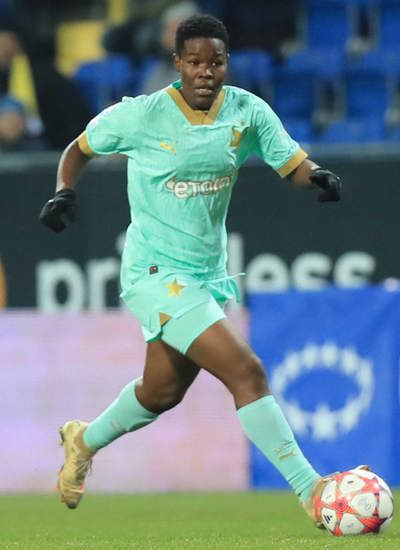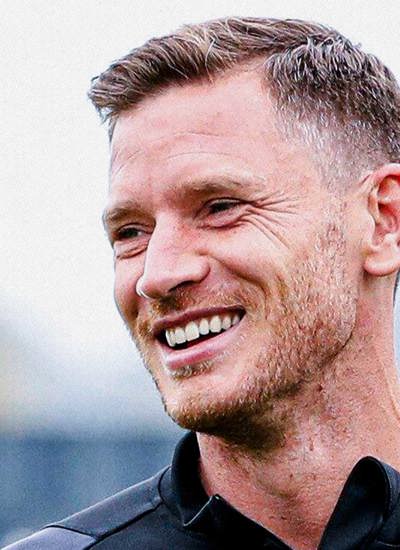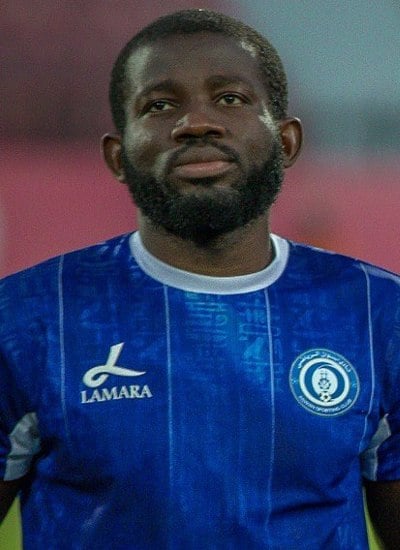
Being a professional footballer in Cameroon can be challenging. According to a 2021 survey by player union Synafoc in which 616 professional footballers in the top two men’s divisions and the top women’s league participated, 73 percent experienced salary arrears. Further difficulties are caused by clubs not respecting regulations or the standard player contract; an overwhelming majority of players do not have a copy of their contract, are not paid through a bank transfer, and also lack social security coverage.
Earlier this year, Serge Mfambove was abandoned by his club Union des Mouvements Sportifs de Loum (UMS) after the defender broke his arm. This is his story.
By Serge Mfambove
It happened last year on 15 December: I was playing in a friendly for my team UMS de Loum against FC Sawa when I broke my arm.
I was first taken to the Laquintinie Hospital in Douala where I underwent X-rays paid for by FC Sawa. I suffered a double fracture in my left forearm and the doctors advised me to undergo surgery. However, the leadership of UMS de Loum thought the costs of the operation were too high. They instead decided on an alternative: they sent me to a massage centre.
I spent more than a month in that massage centre and their help was adequate. Thanks to the massage treatments, I was able to regain the use of my forearm.
When I wanted to leave the centre, though, I was kept hostage because my club had refused to pay the bill, which amounted to 316,000 CFA francs (USD 500) for treatment and hospitalisation. They told me I would only be released if the bill was paid.
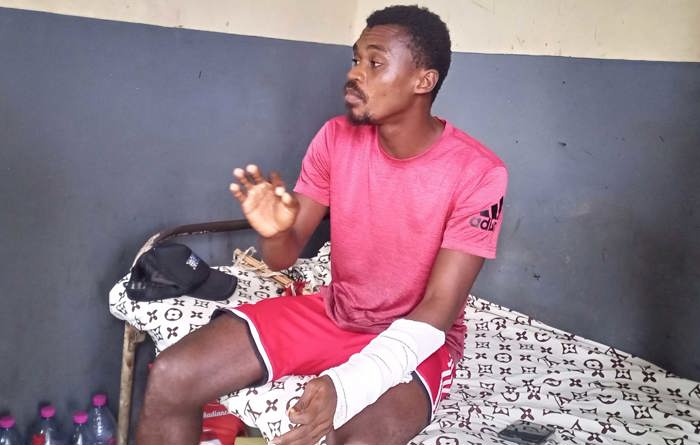
I called in the support of player union Synafoc, who contacted the leadership of the club. The club said they refused to pay because they deemed the medical bill too high. They claimed they had already paid a lot for the medicine.
The club told me to be patient. First, they wanted to take me to a hospital to check whether my arm had completely healed; only then would they consider paying the bill. They said they had arranged an appointment to make X-rays on 23 January, five days later. I was shocked and traumatised.
I felt abandoned by my club. During the month in the centre, I had only received 10,000 CFA (USD 16). My family and some other patients at the massage centre had to provide me with support for food.
I was held hostage for five days. In the end, I got out thanks to the support of Synafoc and my brother-in-law who paid an advance of the amount I owed to the massage clinic.
I am no longer with the club. I will never go there again. I just want to be released and want the club to pay my fees. Synafoc supports me and is handling my legal case against UMS. I don’t have a copy of my contract, but the federation recently published a list of players under contract with clubs and, according to that list, I am under contract with UMS. I am now at home, keeping fit at a training centre.
The Cameroonian Football Federation (Fecafoot) must take the necessary measures to prevent other players from suffering similar experiences. For example, Fecafoot should require clubs to take out insurance policies for players.
Stephane Dassi Tatan waited seven years for his money: “Thanks to the union I could hold on”
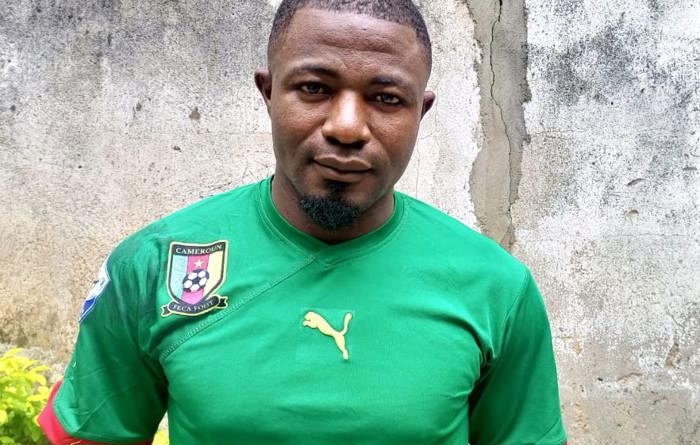
There are other Cameroonian footballers who have experienced similar things, such as former New Stars player Stephane Dassi Tatan, who broke his jaw during a match and was abandoned by his club while in hospital. He quit being a footballer as a result.
We players face a lot of uncertainty in Cameroon. As the results of the survey carried out by Synafoc show, very few players are paid on time and few have copies of their contracts. Last year, when I wasn’t paid for a long period, I received a large part of my wages thanks to Synafoc.
The union is trying to solve our issues by engaging with the federation, the clubs, and trying to arrange a collective bargaining agreement, which would include a control mechanism to guarantee all parties respect their agreement.
